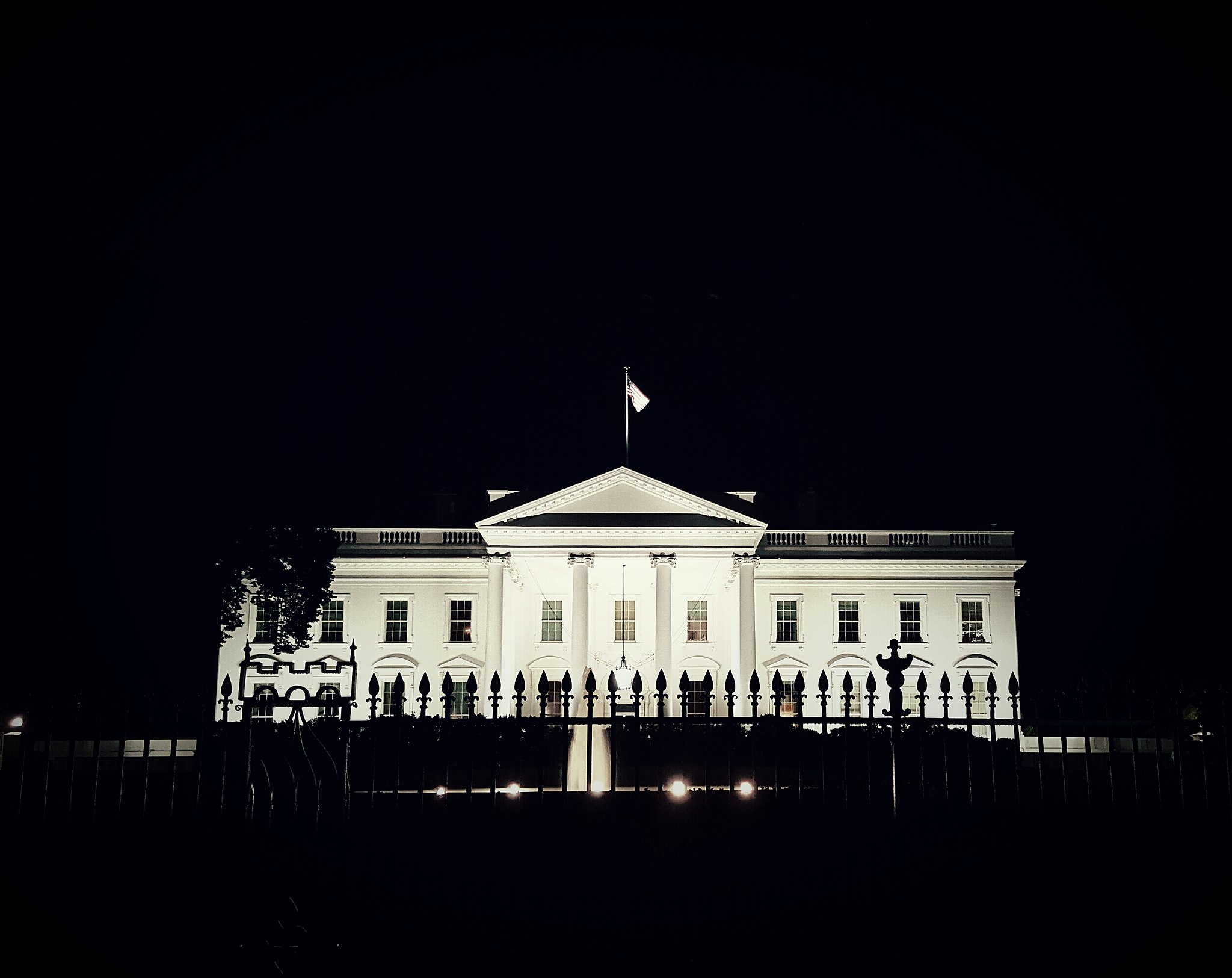The Situation: A List

Published by The Lawfare Institute
in Cooperation With

The Situation on Wednesday stared American betrayal of Ukraine in the face.
Let’s close the week with 19 statements of facts pertaining to the week that has passed, to which I will attach minimal commentary but which a reasonable person might deem related to that whole rule-of-law thing:
- Kash Patel is now the director of the FBI.
- Only two Republican senators were persuaded that a man who writes children’s books fantasizing about deploying that Justice Department against his foes is an appropriate figure to supervise a 35,000 person agency—for now, anyway—with guns and arrest power that is responsible for enforcing the law against American citizens.
- Patel is also the acting director of the Bureau of Alcohol, Tobacco, Firearms and Explosives, because running the FBI is apparently only a part-time job.
- The acting deputy attorney argued to a federal court this week that dismissing a case against a corrupt official in exchange for a policy quid pro quo would be no problem: “I don’t concede that, even if there was a quid pro quo, that there would be an issue with this motion,” Emil Bove said of his motion to dismiss the charges against New York Mayor Eric Adams.
- At least seven career officials and one acting U.S. attorney—of quite diverse politics—took a different view of the matter and resigned from the Justice Department because they considered this position ethically indefensible and were unwilling to file the motion. As one of them wrote, “I expect you will eventually find someone who is enough of a fool, or enough of a coward, to file your motion. But it was never going to be me.”
- A federal court found this week that the USAID was not in compliance with its order that the government stop freezing foreign aid funds while it reviews grants: “Defendants have continued their blanket suspension of funds pending review of agreements, the very action that the [court] enjoined pending the parties’ requested briefing schedule and the Court’s prompt resolution of whether to issue a preliminary injunction,” the court wrote.
- The acting U.S. attorney in Washington—Edward R. Martin Jr.—is sending letters to politicians who criticize DOGE and Elon Musk and Supreme Court justices implying that he might investigate them for making threats.
- President Trump is now nominating that same acting U.S. attorney in Washington, a Stop the Steal organizer, for the permanent job as U.S. attorney.
- While DOGE is funded and acts in many ways like a government agency, the White House is shielding it from transparency and other rules agencies must follow.
- It is still unclear whether Musk is the administrator of DOGE, or if he’s not, who actually is.
- The attorney general has disbanded an FBI task force responsible for combating foreign malign influence operations. Employees at the Cybersecurity and Infrastructure Security Agency responsible for countering foreign influence were put on administrative leave. And the Justice Department announced that it will roll back enforcement of criminal statutes penalizing foreign malign influence.
- The federal government “accidentally” fired USDA employees working on avian bird flu and Energy Department employees working on nuclear safety, and then tried to hire them back. Oops.
- The Associated Press remains barred from the White House because it refused to call the Gulf of Mexico the “Gulf of America,” despite a letter from dozens of news organizations including Fox News, CNN, the Wall Street Journal, and the New York Times. The AP filed suit on Friday.
- Apple and Google put TikTok back in U.S. app stores, in light of the president’s non-enforcement policy toward Congress’s ban notwithstanding a clear federal statute that forbids the presence of the app in such app stores.
- On Wednesday, the president issued an executive order asserting that it provides “authoritative interpretations of law for the executive branch,” making these interpretations “controlling on all employees in the conduct of their official duties,” and forbidding independent agencies from any legal interpretation that diverges from those views.
- That same order introduced measures requiring independent agencies to “submit for review all proposed and final significant regulatory actions” to a White House office for review. The affected agencies would include the Securities and Exchange Commission, the Federal Trade Commission, the Federal Communications Commission and the National Labor Relations Board.
- The president declared in a tweet that “He who saves his country does not violate any law.”
- Lawfare’s traffic, whether measured by visits, active users, or new users, is up more than 100 percent in the past 30 days over the 30 days before that—and more than that over this same period last year. One of those hundreds of thousands of new or returning readers, Ezra Klein, said recently, “I will say, I feel like it’s always a bad sign when I’m reading Lawfare a lot.”
- The President Friday purged at least six top military officers, including the chairman of the Joint Chiefs of Staff.
The list could continue. I have stopped it here only out of respect for the possibility of reader weariness, fatigue, and depression. And I have kept my commentary to a minimum, because I can genuinely tell a lot of different stories with these facts.
I can tell a story of an authoritarian takeover happening before our eyes—one to which our institutions are failing to respond.
I can also tell a story of a blunderbuss authoritarian supernova exploding before it collapses in on itself.
I can even tell a story of an overreach so dramatic as to trigger a backlash that is already beginning.
I am not a prophet, and I do not do the future. I distrust people who purport to. The present and the past are plenty hard enough for me.
So let me state this in the present tense, without prediction and without reference to what will happen.
The list reflects the fact that the administration is attempting a radical redistribution of power in American society, one in which the presidency controls a great deal more than it ever has before. That attempt faces varying degrees of acceptance and rejection from different parts of all three branches of government. And it is causing a large number of people to read this site—because analyzing this sort of problem is what Lawfare does.
None of this has yet reached a steady state yet, either in law or in politics. All of it remains contested, and the shape of American democratic government turns dramatically on how much of this power grab succeeds and how much fails and on which branches of government accede to and reject the specific claims that underlie it.
It also depends on the people—what the public does and does not accept. Because in the end, in a democracy, the people tend to get what they want if they are insistent enough about it for long enough.
So if the list this week looks bleak to you, remember that next week it will look different. And one of the components that will constitute the list each week is what individual people do: Who brings lawsuits, who pressures their elected representatives and in what directions, who goes to what protests, how people treat officials who have had to leave government, how easy or hard it is for them to find employment, where people do and do not donate money.
If the list does not worry you, I fear you misapprehend it.
But if the list demoralizes you, with all due respect, you are reacting to it wrongly—as though this is all something that’s happening to Americans, rather than a process in which you have agency. It’s a long road ahead, and one of the many twists and turns in it is how you act. It is the 20th item on the list—the item not yet written.
The Situation continues tomorrow.





